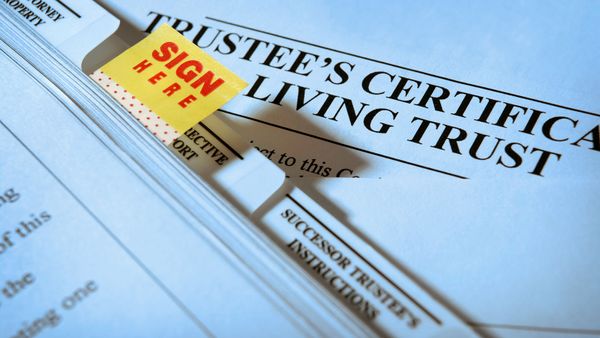"Trust fund" became a popular modifier in the 2000s as a way of describing a certain type of undeserving rich person: trust funder, trust fund baby, trustafarian. But a trust is much more than a money spout for entitled brats; it's an instrument that holds and distributes your assets according to your own instructions when you aren't around to dole them out yourself.
A trust is not really an account, but a legal document that holds ownership of assets. Individuals place assets in trusts for a variety of reasons. Some people use trusts to keep property out of probate (the time-consuming and costly process of settling someone's will) before being passed to beneficiaries. And sometimes a trust can shield assets from creditors. Assets held in trust are exempt from the estate tax, which makes trusts handy tools for people with estates worth more than $5.64 million.
Advertisement
A trust can be set up to provide income and instructions for a family member in need, or to support any heir or associate, in a consistent way, over time. The document can be written to include specific terms dictating that beneficiaries receive property only if they meet certain goals or requirements. So-called incentive trusts can be used to attach strings to a child's inheritance, such as body weight restrictions or job choices. About 30 percent of high-net-worth individuals who use trusts have conditions attached [source: Frank].
It might help to think of a trust as an objective, reliable third party that watches your money when you can't. Trusts are managed by a trustee – a person or organization that oversees the assets and property in the trust. The trustee is paid annually for this work, which is just one of the reasons complex trusts in particular can be expensive to set up and maintain. The most common types of trusts are living trusts, which are like wills that don't go through probate. They're often used as a means of transferring a house to beneficiaries. We'll discuss more about living trusts in a minute.
First, let's take a look at how different types of trusts work, how to set one up and why you'd want one.
Advertisement







